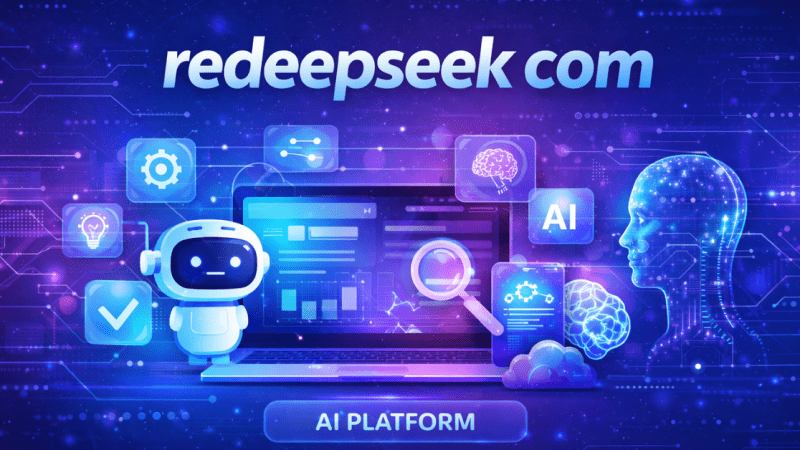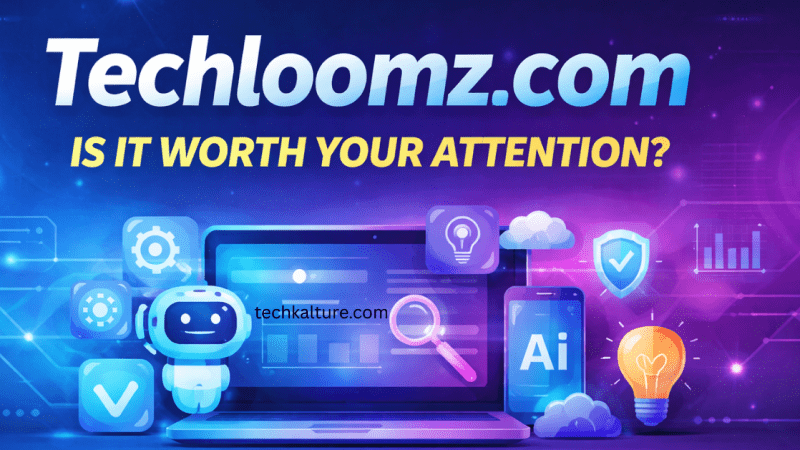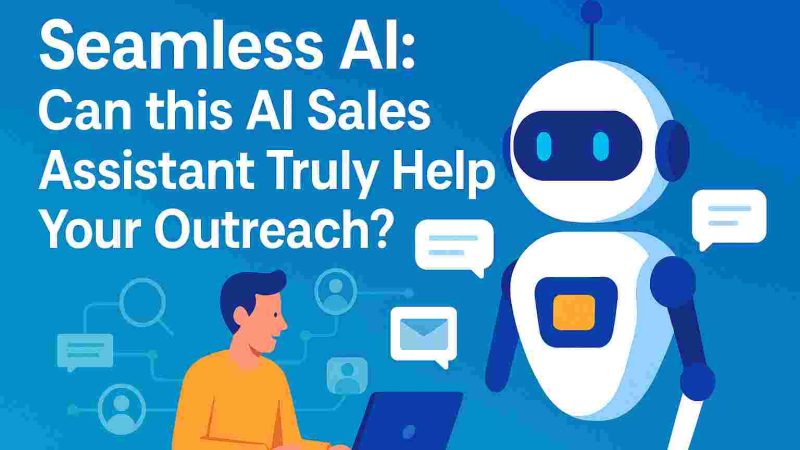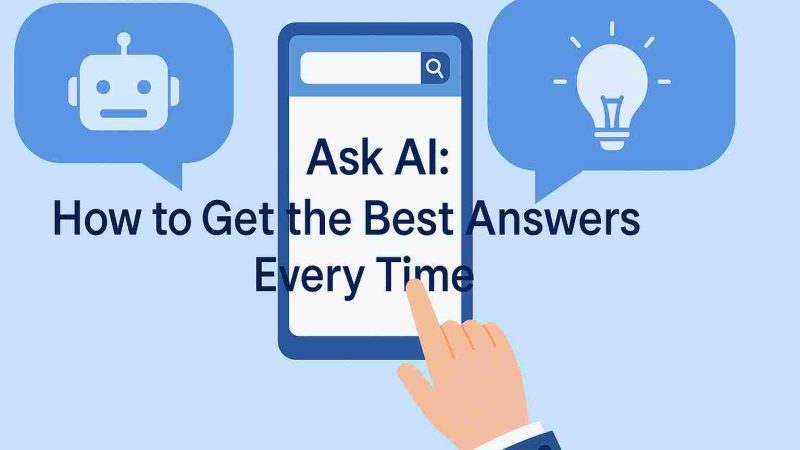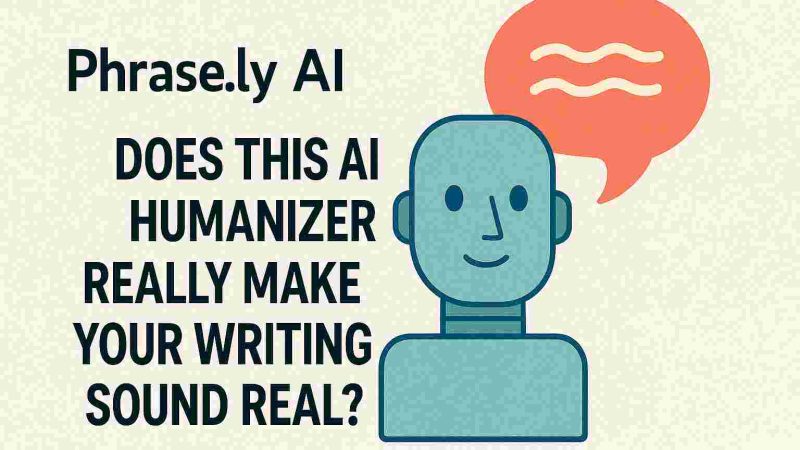AI Question Answer: How Smart Are Today’s Chatbots Really?
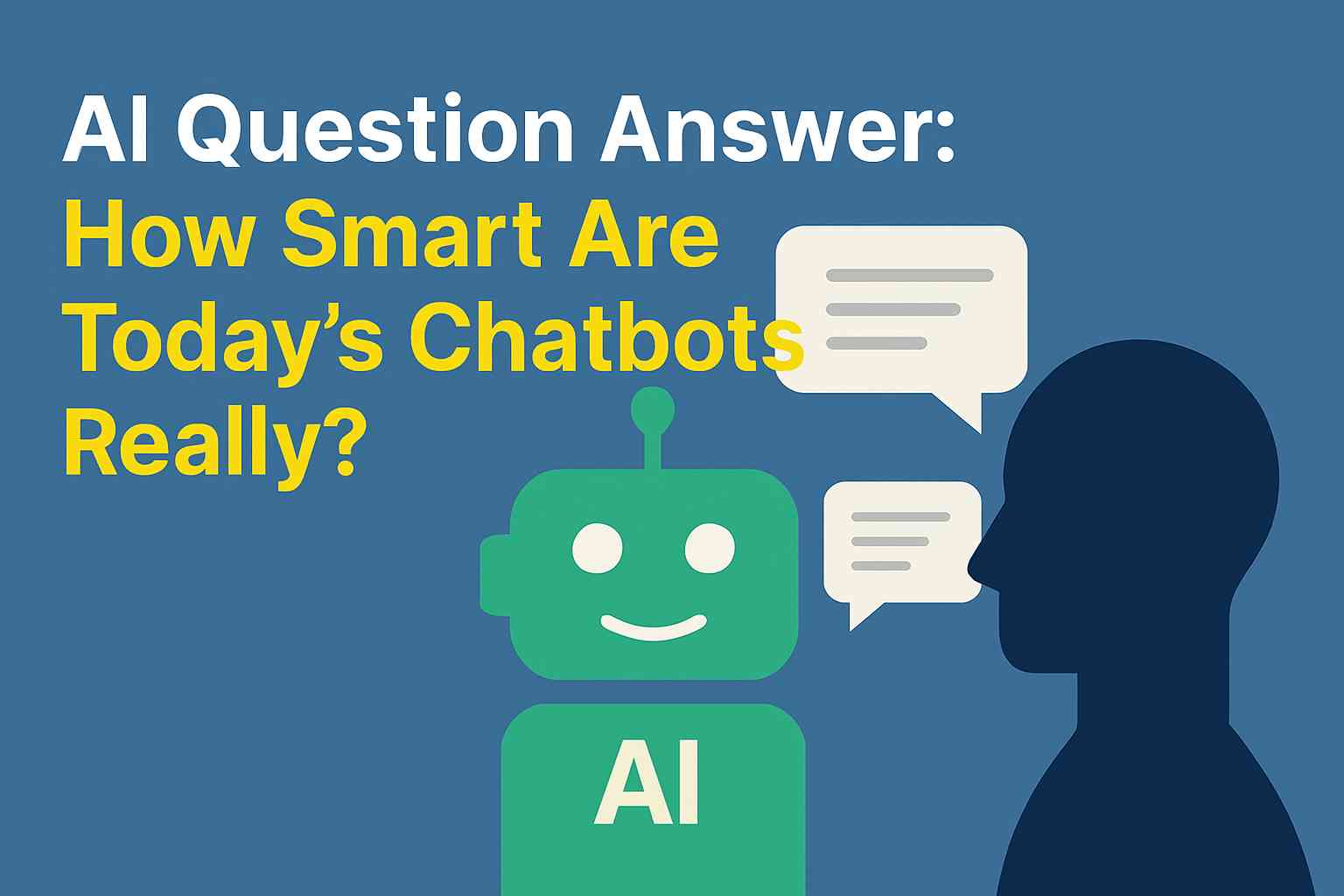
Introduction
Have you ever wished that you could ask a computer something and get an answer that really made sense? Questions like “What is the capital of Mongolia?” and “How do I fix a broken zipper?”-AI question-answering tools have begun changing how we gather information. And today, with ChatGPT, Google Bard, or Perplexity AI, Q&A is less about keyword insertion and more about conversation.
leading chatbot tools in the article
What is an AI Question Answer?
In its most basic definition, an AI question-answering system receives a natural-language-type question and generates relevant fashionable conversational answers. It does not look for just keywords but tries to understand what the user implies.
This is a kind of Natural Language Processing (NLP), making the machine perceive human language, including intonation and other characteristics. So technically, you are asking instead of searching.
How ADA Actually Work?
Suppose you had typed, “What are the symptoms of Vitamin D deficiency?”
An AI answer generator like ChatGPT would:
– Understand your question
– Search for or recall relevant information from a database or trained knowledge
– Generate an answer in a clear and readable manner
Some systems are trained on fresh internet data, so they can spit out fresh responses, kind of like Google but without 10 blue links.
“To me, the power of AI Q&A is not in answering fast; it has to answer clearly,” says Dr. Lena Patel, a cognitive scientist researching machine learning.
Benefits of AI Chatbots in Q&A
Among others, from customer support to self-learning, AI Chatbot Q&As possess the following benefits:
Speed: Get answers within seconds.
Clarity: No jargon unless you want it.
24/7: AI doesn’t sleep.
Scalability: One bot handles hundreds of users.
Multilingual: Ask in English, Telugu, Spanish, or Hinglish, and it usually works.
Hence companies now use AI for customer support, tech troubleshooting, and even HR FAQs.
Can AI answer complex or emotional questions?
Kind of. AI has come a long way; it can explain difficult concepts, summarize research papers, and even provide mental health support to some extent. Emotional intelligence? Still a work in progress. While ChatGPT-type tools sound empathetic, they’re not human, so AI can probably tell you what anxiety is, but it won’t really comfort you in the middle of a panic attack.
Where is AI Q&A being used today?
Search engines- Perplexity, Bing Chat, You.com
Customer Support Bots
Online Tutoring or Teaching Tools
Virtual Assistants- Siri, Alexa
AI-Powered Knowledge Bases
And even content creators are increasingly leaning on AI answer generators in the production of Q&A sections for blog posts or automated YouTube comments.
Q&A
Q: Is AI always accurate with its answers?
A: Not really, smart but not perfect,and the ones that require sensitive information should always be double-checked.
Q: Can AI answer questions based on a PDF or document?
A: Yes! Plenty of tools, like ChatGPT or Claude, can look at several documents and answer questions based on them.
Q: Can I use AI to build the FAQ section on my website?
A: For sure! AI will draft, format, and update FAQ content based on commonly asked questions from your visitors.
Q: Is it safe to rely on AI chatbots?
A: In most cases, yes. But do not enter any personal or financial information into one unless it is something very reputable and secure.
Q: What distinguishes search from AI Q&A?
A: Search gives links. AI Q&A gives answers. Simple as that.
Conclusion
Do you have a really burning question about AI, content, or tech trends? Please put it in the comments, or better yet, throw one at an AI Q&A tool yourself and see the magic. But, do not ask it for relationship advice… yet.

